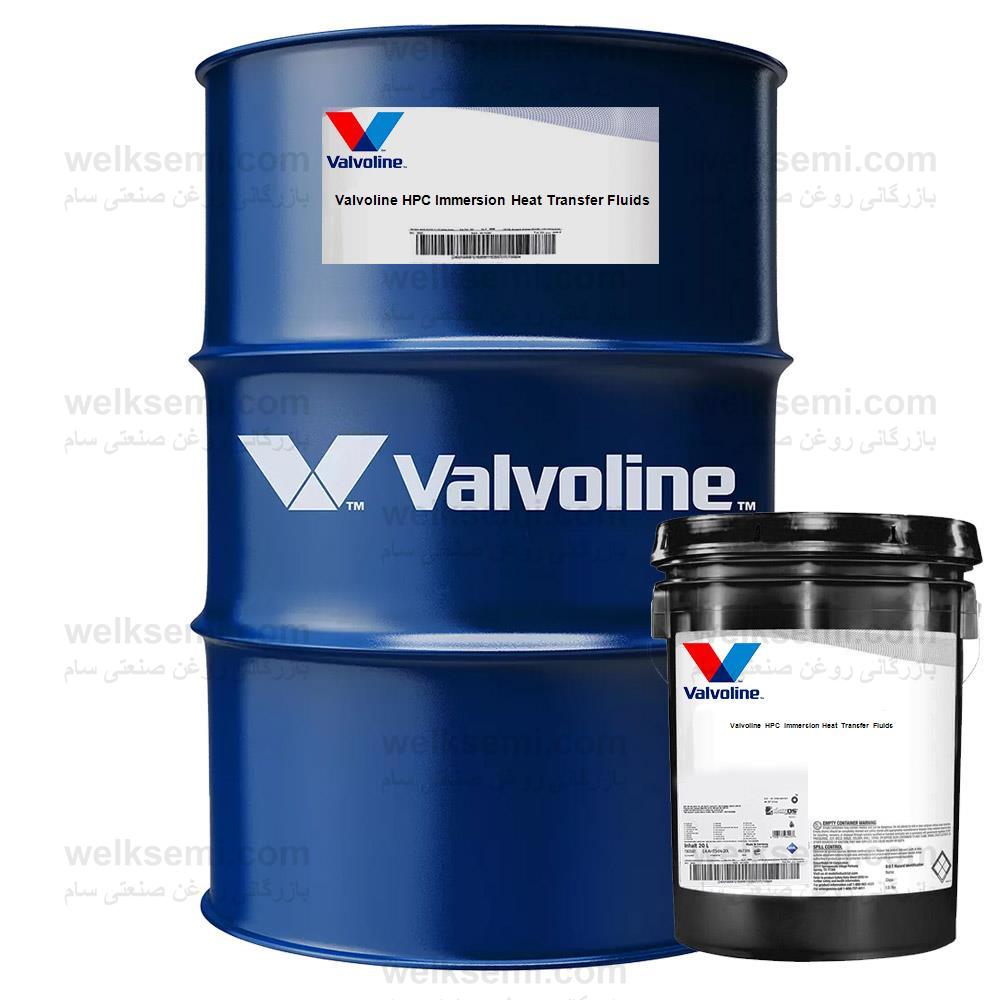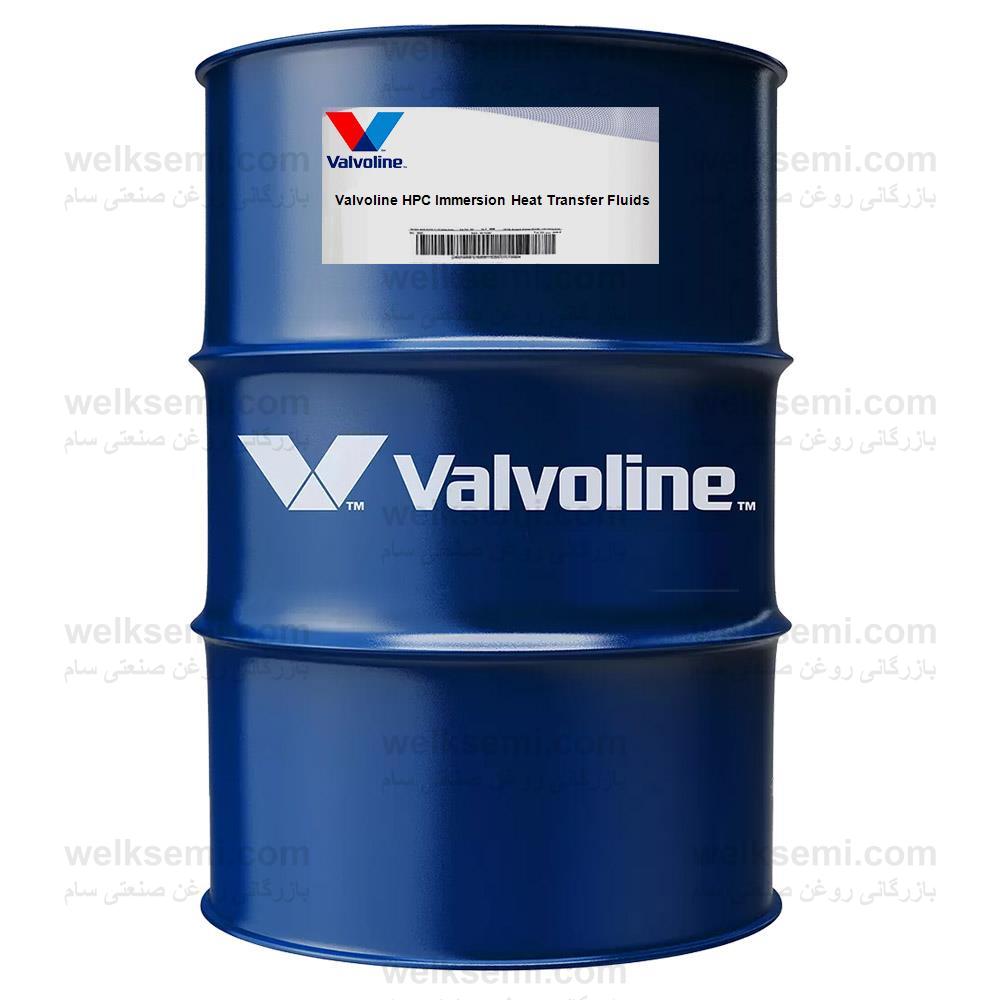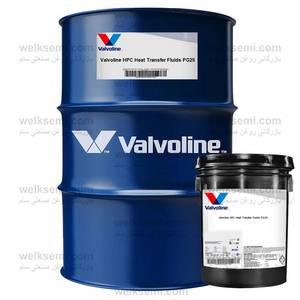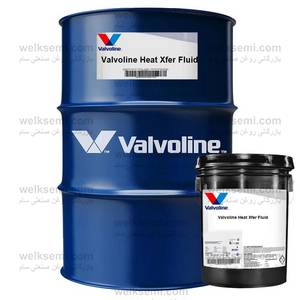Valvoline HPC Immersion Heat Transfer Fluids: An Overview
Valvoline HPC Immersion Heat Transfer Fluids are specially formulated oils designed for effective thermal energy transfer. These fluids provide a stable and efficient medium for transferring heat in various industrial applications. The advanced formulation of Valvoline HPC ensures high performance and reliability. They are particularly suitable for processes that require precise temperature control, making them a preferred choice in several sectors.
Valvoline HPC possesses excellent thermal stability, ensuring long-lasting performance under high-temperature conditions. This product is ideal for use in heating systems, where optimal heat transfer efficiency is crucial. By choosing Valvoline HPC, users benefit from enhanced productivity and reduced operational costs.
Valvoline HPC Immersion Heat Transfer Fluids: Applications
The applications of Valvoline HPC Immersion Heat Transfer Fluids are extensive. They are commonly used in the manufacturing, automotive, and food processing sectors. In manufacturing, these fluids are utilized in processes involving heat treatment, where consistent temperature management is vital. In the food industry, Valvoline HPC ensures safe and efficient processing by maintaining the required temperatures for heating mediums.
This versatility highlights the importance of Valvoline HPC in maintaining operational efficiency across various industries. Furthermore, its compatibility with different systems makes it a preferred choice for most applications requiring heat transfer fluids.
Understanding Valvoline HPC Immersion Heat Transfer Fluids
Valvoline HPC Immersion Heat Transfer Fluids are characterized by their unique formulation that includes a blend of high-quality base oils and advanced additives. These components work together to provide excellent thermal performance. The oils used in Valvoline HPC are designed to resist thermal degradation, ensuring reliability even in prolonged operational scenarios.
One of the key characteristics of Valvoline HPC is its low viscosity, which facilitates improved heat transfer efficiency. This property is particularly important in applications that require rapid temperature changes, making Valvoline HPC an essential component for those processes.
Benefits of Using Valvoline HPC Immersion Heat Transfer Fluids
The advantages of using Valvoline HPC Immersion Heat Transfer Fluids are numerous. One major benefit is their ability to maintain excellent thermal conductivity, providing efficient heat transfer in various applications. Additionally, the use of these fluids can lead to significant energy savings, as they allow for more efficient thermal management.
Moreover, Valvoline HPC is formulated to minimize the risk of oxidation and thermal breakdown, enhancing the longevity of the product. This feature significantly reduces maintenance needs and downtime, providing an overall cost-effective solution for businesses.
How to Buy Valvoline HPC Immersion Heat Transfer Fluids
Purchasing Valvoline HPC Immersion Heat Transfer Fluids can be done through various channels. Customers can opt to buy directly from authorized dealers or through online platforms that specialize in industrial products. It is essential to ensure that you are buying from reputable sources to guarantee the authenticity of the product.
When buying Valvoline HPC, consider your specific needs, such as the required quantity and application type, to make an informed decision. Many suppliers offer expert advice to help customers select the right fluid for their applications.
Valvoline HPC Immersion Heat Transfer Fluids: Product Specifications
The specifications of Valvoline HPC Immersion Heat Transfer Fluids are designed to ensure optimal performance. These fluids come in various viscosity grades, allowing users to select the right product based on their operational parameters. Key specifications include temperature range, thermal conductivity, and chemical stability. Manufacturers provide data sheets with detailed specifications for Valvoline HPC, aiding in the selection process.
Understanding these specifications is crucial for integrating Valvoline HPC into your thermal systems effectively. By adhering to manufacturer guidelines, users can maximize the benefits derived from these heat transfer fluids.
Technical Information on Valvoline HPC Immersion Heat Transfer Fluids
Technical information on Valvoline HPC Immersion Heat Transfer Fluids includes data on viscosity, pour point, flash point, and thermal conductivity. This information is essential for engineers and technical staff when selecting the appropriate fluid for specific industrial applications. Valvoline HPC is engineered to withstand extreme temperatures while delivering consistent thermal efficiency.
User manuals and technical documentation provided by manufacturers are valuable resources for understanding the chemical and physical properties of Valvoline HPC. Ensuring proper usage and storage conditions contributes significantly to the product's effectiveness and safety.
Environmental Impact of Valvoline HPC Immersion Heat Transfer Fluids
Valvoline HPC Immersion Heat Transfer Fluids are designed with environmental considerations in mind. The product formulation minimizes ecological risks, and sourcing is done through sustainable practices. Moreover, using Valvoline HPC can contribute to energy efficiency, indirectly benefiting the environment by reducing the overall energy consumption in industrial processes.
Emphasizing sustainable practices while utilizing Valvoline HPC can help organizations meet their environmental goals. Reducing the carbon footprint is a growing concern among industries, and Valvoline HPC aligns with these initiatives.
Maintenance and Care of Valvoline HPC Immersion Heat Transfer Fluids
Proper maintenance of Valvoline HPC Immersion Heat Transfer Fluids includes regular monitoring of fluid levels, contamination checks, and maintaining the recommended operating temperatures. Users should follow the manufacturer’s guidelines for fluid replacement and system cleaning to ensure longevity and efficiency.
Conducting routine maintenance can prevent problems and ensure the system operates at peak performance levels. This proactive approach helps avoid costly repairs or downtime due to fluid failure.
Conclusion: The Importance of Valvoline HPC Immersion Heat Transfer Fluids
In conclusion, Valvoline HPC Immersion Heat Transfer Fluids are a vital component in a wide range of industrial applications. Their superior thermal properties, combined with comprehensive handling and maintenance instructions, make them an excellent choice for businesses looking to enhance their thermal management systems.
Choosing Valvoline HPC means investing in quality, efficiency, and sustainability, which are essential for modern industries. As technology evolves, relying on advanced products like Valvoline HPC will become increasingly vital to maintaining competitive edge and operational efficiency in the marketplace.











